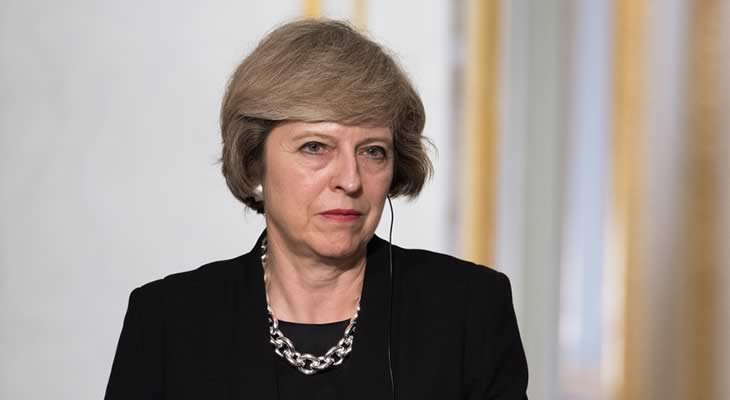Pound to Euro Exchange Rate Could See Notable Shift on Brexit News Next Week
European Central Bank (ECB) dovishness was all that was needed for the Pound to Euro (GBP/EUR) exchange rate to advance over the past week, but the pair’s outlook could strengthen further if next week’s Brexit news impresses.
GBP/EUR gained over half a cent throughout the week, opening at the level of 1.1253 on Monday and touching a March high of 1.1339 on Friday morning. At the time of writing, GBP/EUR trended near 1.1330.
The Pound’s (GBP) strength has been limited due to market uncertainties about the Brexit process. In recent weeks there have been disagreements between UK and EU negotiators on key Brexit issues such as financial services and the Irish border.
Some EU negotiators have asserted that a post-Brexit transition period was not a done deal, worsening market concerns that the UK and EU may not be able to agree to a transition period deal during next week’s EU summit after all.
The EU summit will be held between the 22nd and 24th of March and anxiety for the event limited GBP/EUR gains over the past week.
Euro (EUR) Exchange Rates Pressured by European Central Bank (ECB) Dovishness
The primary reason for Pound to Euro (GBP/EUR) exchange rate gains over the last week was dovish comments from top European Central Bank (ECB) officials.
Following the ECB’s policy decision earlier in the month, officials have been reasserting that the bank is more likely to remain cautious in the long term than switch to a more hawkish stance.
Earlier this week, ECB President Mario Draghi noted that the bank could continue its bond-buying scheme until the Eurozone sees more sustained inflation. This weakened the Euro (EUR).
On Friday, ECB Chief Economist Peter Praet followed with some optimistic but dovish comments of his own.
He argued that the Eurozone economy and job market may still be seeing slack and that higher capacity could see growth in the bloc continuing for a longer period.
However, this may also mean that inflation could take even longer to reach the bank’s targets of around 2%.
Investors hoping for Eurozone inflation to surprise and be higher than expected were disappointed on Friday, as the bloc’s February Consumer Price Index (CPI) results fell short of expectations year-on-year.
Yearly Eurozone inflation was forecast to have slowed slightly from 1.3% to 1.2% in February, but it instead slowed to 1.1%. The monthly figure improved to 0.2% as expected, while the yearly core figure remained at 1% as projected.
Pound to Euro Forecast: Brexit Progress to Drive GBP/EUR Exchange Rate Outlook
While many major ecostats will be published next week, these may only have a limited impact on Pound to Euro (GBP/EUR) exchange rate movement as the biggest event of the week is likely to be the EU summit.
The event, taking place from the 22nd to the 24th, has been in focus for Pound traders for weeks now. It is the summit at which the UK government expects to finally secure an agreement for a post-Brexit transition period with the EU.
A post-Brexit transition period would essentially give the UK an extra year or two to slowly adapt to changes outside of the EU, rather than a ‘cliff-edge’ scenario.
Investors believe it will give Britain a longer period to secure a post-Brexit trade deal with the EU.
As a result, if such a transition period is agreed next week the Pound outlook is likely to be higher in the short to long-term and ‘hard Brexit’ concerns would lighten.
On the other hand, if no deal is agreed ‘hard Brexit’ concerns will remain and the Pound is likely to remain under pressure in the coming weeks.
This would weigh on market bets that the Bank of England (BoE) could hike UK interest rates in May.
Speaking of the BoE, the bank will hold its March policy decision on Thursday which could also be influential to the Pound outlook if policymakers take a surprising tone on monetary policy.
Data to keep an eye out for next week includes UK inflation, wages and retail sales, as well as Eurozone confidence and PMI projections.


Comments are closed.